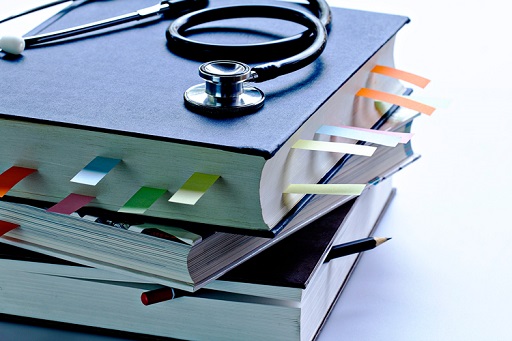GENERAL FUNCTION OF BLOOD(part 1)
1.Transport of gases : blood transparts oxygen from the lungs to the cells and carbon dioxide from cells to lings oxygen is transported by the pigment haemoglobin of the RBC in a loosely combined form called oxyhaemoglobin
Carbon dioxide is transported mainly in the dissolved form in the plasma and as carbamino compound by the RBC this way gaseous body waste is brought to the lungs by plasma via venous circulation for expiration by the lungs
2. transport of nutrition : digested food and fluid are absorbed in the blood through the gastrointestinal tract blood thus supplies nutrition to billions of body cells and also transports the nutrition from stores to tissues
3. as a vehicle:hormones vitamins minerals pigments enzymes etc are carried by the blood to their respective places
4. water blanace : water balance of the body is maintained such that the amount gained is counterbalanced by the amount lost adjustment is made by increase or decrease in the quantity of water lost as urine water is also excreted by the skin during perspiration
5.Acid base Equity: blood pH is always on the alkaline side blood excretes its products through the lungs kidney and skin to restore the normal pH blood has many buffers like haemoglobin and plasma proteins which help to prevent any shift in pH of the blood
6.Ionic Equilibrium : Ions (i.e electrically charged particles) potentially affect various biochemical activities of the body intracellular and extracellular concentrations maintain an optimum ionic balance called homeostasis


0 Comments